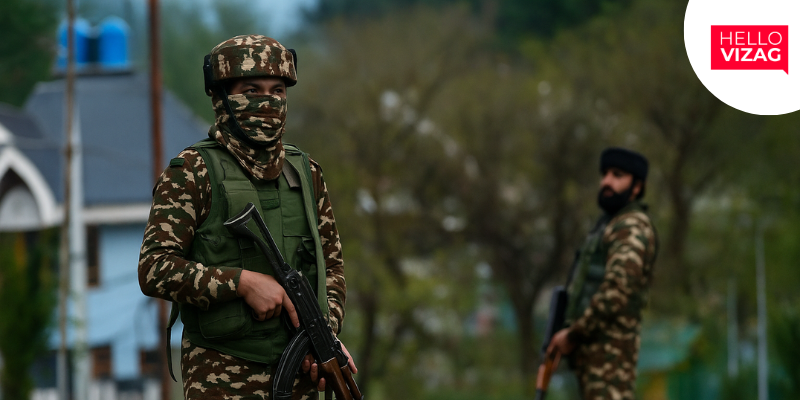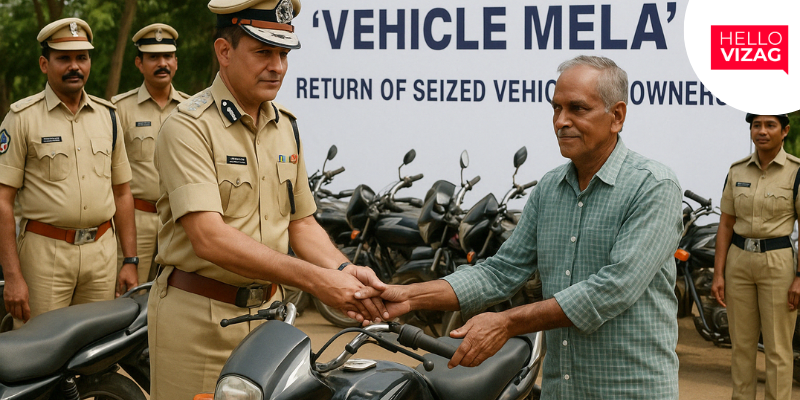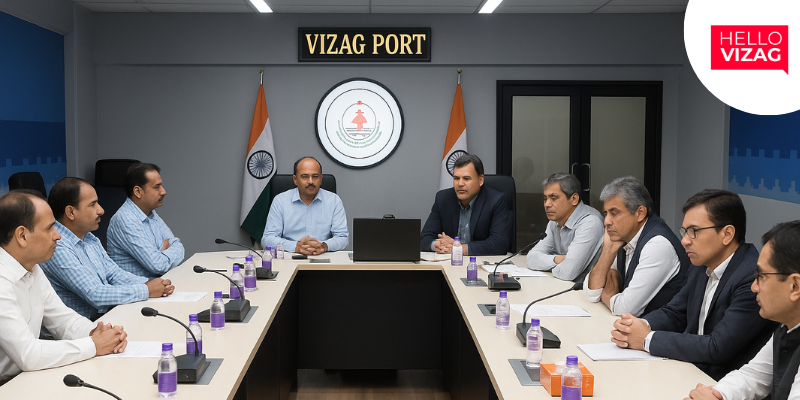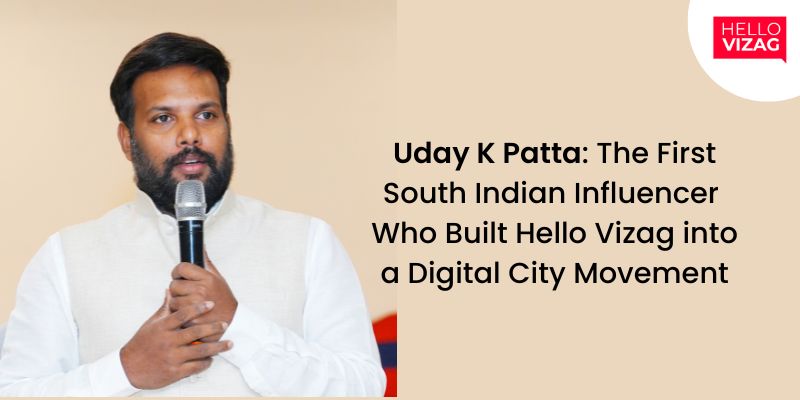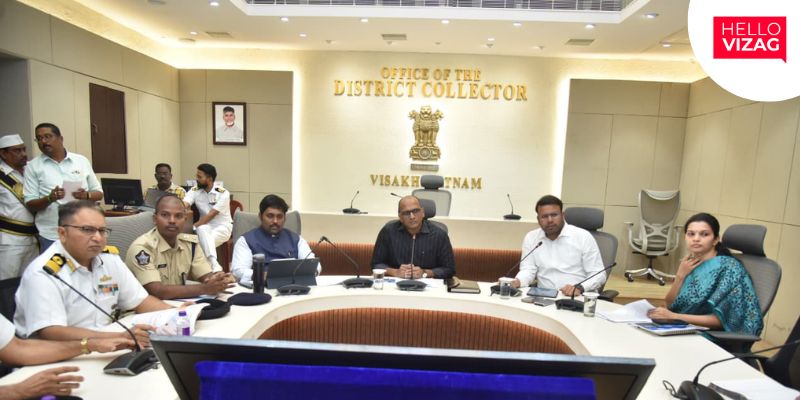In a horrifying act of violence, 28 civilians were killed and over 20 others injured during a terror attack on April 22, 2025, in the serene Baisaran meadow near Pahalgam in Jammu and Kashmir’s Anantnag district. The attack, carried out by militants of The Resistance Front (TRF), a proxy group of Lashkar-e-Taiba, marks one of the deadliest strikes on civilians in the region since the 2019 Pulwama incident.
According to eyewitness accounts, a group of four to six militants disguised in military uniforms approached tourists under the pretense of security checks before suddenly opening fire. Survivors revealed chilling details: attackers allegedly asked victims to recite Islamic verses and targeted those who couldn’t comply. A survivor reported being spared and told to “go and tell Modi,” referring to Indian Prime Minister Narendra Modi.
Among the 28 deceased were 24 Indian tourists from various states, two foreign nationals from Nepal and the UAE, and two local residents. Notably, an Indian Navy officer and an Intelligence Bureau official were among those killed. Several injured individuals were airlifted to a military hospital in Srinagar for urgent treatment.
The TRF claimed responsibility, stating that the attack was retaliation against the Indian government’s policy of settling over 85,000 non-locals in Jammu and Kashmir, a move the group described as an attempt to change the region’s demography.
Prime Minister Modi condemned the attack and cut short his diplomatic visit to Saudi Arabia. Home Minister Amit Shah arrived in Srinagar to oversee security operations, while local authorities set up emergency helplines and a 24/7 tourist assistance desk.
Global leaders, including U.S. President Donald Trump and UN Secretary-General António Guterres, condemned the attack and expressed solidarity with India. The international community has called for urgent action to ensure justice and prevent further escalation of violence in the already volatile region.
The attack has cast a dark shadow over the region’s recent tourism revival, raising pressing questions about the effectiveness of current security measures and the broader implications for peace and development in Kashmir.

 Team Hello Vizag
Team Hello Vizag
